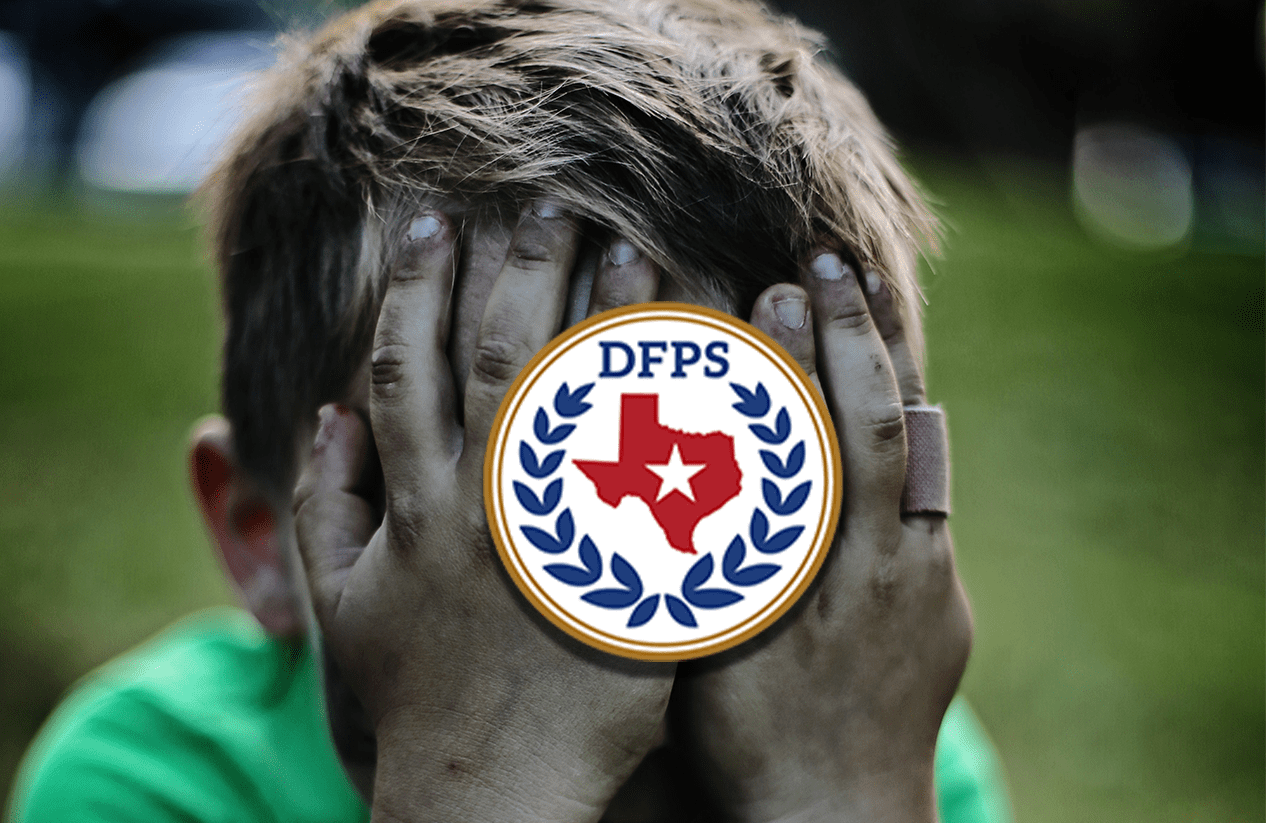“Man is not free unless government is limited. There’s a clear cause and effect here that is as neat and predictable as a law of physics: As government expands, liberty contracts,” said President Ronald Reagan in his farewell address.
Reagan’s words ring as true today as they did when he first uttered them. But his wise words haven’t stopped government in both Washington and Austin from constantly expanding. After all, words are just words. And in the meantime, Texans are hit year-after-year with skyrocketing property tax increases.
Conservatives in Texas have won some victories against government growth, particularly by embedding a spending limit in the state constitution.
Article VIII of the Texas Constitution reads:
“In no biennium shall the rate of growth of appropriations from state tax revenues not dedicated by this constitution exceed the estimated rate of growth of the state’s economy. The legislature shall provide by general law procedures to implement this subsection.”
Sounds good, and it is…relatively speaking.
The provision has undeniably served as a shield against rampant spending, sparing Texans from the fiscal crises our neighbors in other states have suffered as their governments grew beyond their citizens’ means. But due to the statutory definition of “estimated growth of the state’s economy,” Texas taxpayers haven’t been protected at the rate they should have.
That’s because the current spending limit is only growth-resistant, not growth-proof. And there’s a pretty big difference.
Like the difference between a water-resistant watch, which might survive a quick dunk, and a waterproof one made for diving, Texas’ current statutory spending limit holds government growth back but does not ensure government does not grow in size, relative to the people it serves.
The current statutory spending limit uses the growth-resistant standard of “personal income growth” rather than the growth-proof combination of population and inflation. This laxed limit has allowed Texas government to grow faster than it should. By using “personal income growth,” the question shifts from whether government should expand, relative to the people, to how much more government the politicians think taxpayers can afford.
That larger government has brought with it an increasing attack on Texans who face the prospect of both paying more to the government and having more of their rights restricted by it.
Since fiscal year 2004, the state budget has grown 11.8 percent over population and inflation. Had a stronger constitutional spending limit been applied then, Texans would have saved an estimated 29-37 percent off the current FY 2016–2017 state budget.
That’s 29-37 percent of the budget that could be dedicated to property tax relief.
It’s not just economists and budget researchers who believe Texas’ spending limit should be strengthened, everyday Texans do too.
In 2012 a Republican Party primary ballot proposition won the support of a staggering 94 percent of voters and in 2016 Texas GOP delegates voted at the convention to adopt the following platform planks by 93 percent and 96 percent respectively.
“Spending Limitations– Amend the Texas Constitution and state statute with a stricter spending limitation based on population growth and inflation and apply the new limit to all General Revenue and General Revenue-dedicated state spending.
Two-Thirds Vote– Require a two-thirds vote to override the constitutional spending limit.”
But while the data—and the will of Republican Party activists—are abundantly clear, legislative efforts have been killed in the Texas House.
During the special session last summer, Gov. Greg Abbott called on the Texas Legislature to strengthen the state’s spending limit and the Texas Senate passed legislation to do so. But though the chairman of the Texas House Republican Caucus was carrying the legislation, a minority of his own caucus broke ranks and voted with Democrats to successfully defeat it.
Texans must demand the Texas Legislature strengthen the state’s spending limit and dedicate the savings to property tax relief. Tax relief can only happen if government spending is controlled, and that can only happen if we ensure the size and scope of government does not expand relative to the people.





